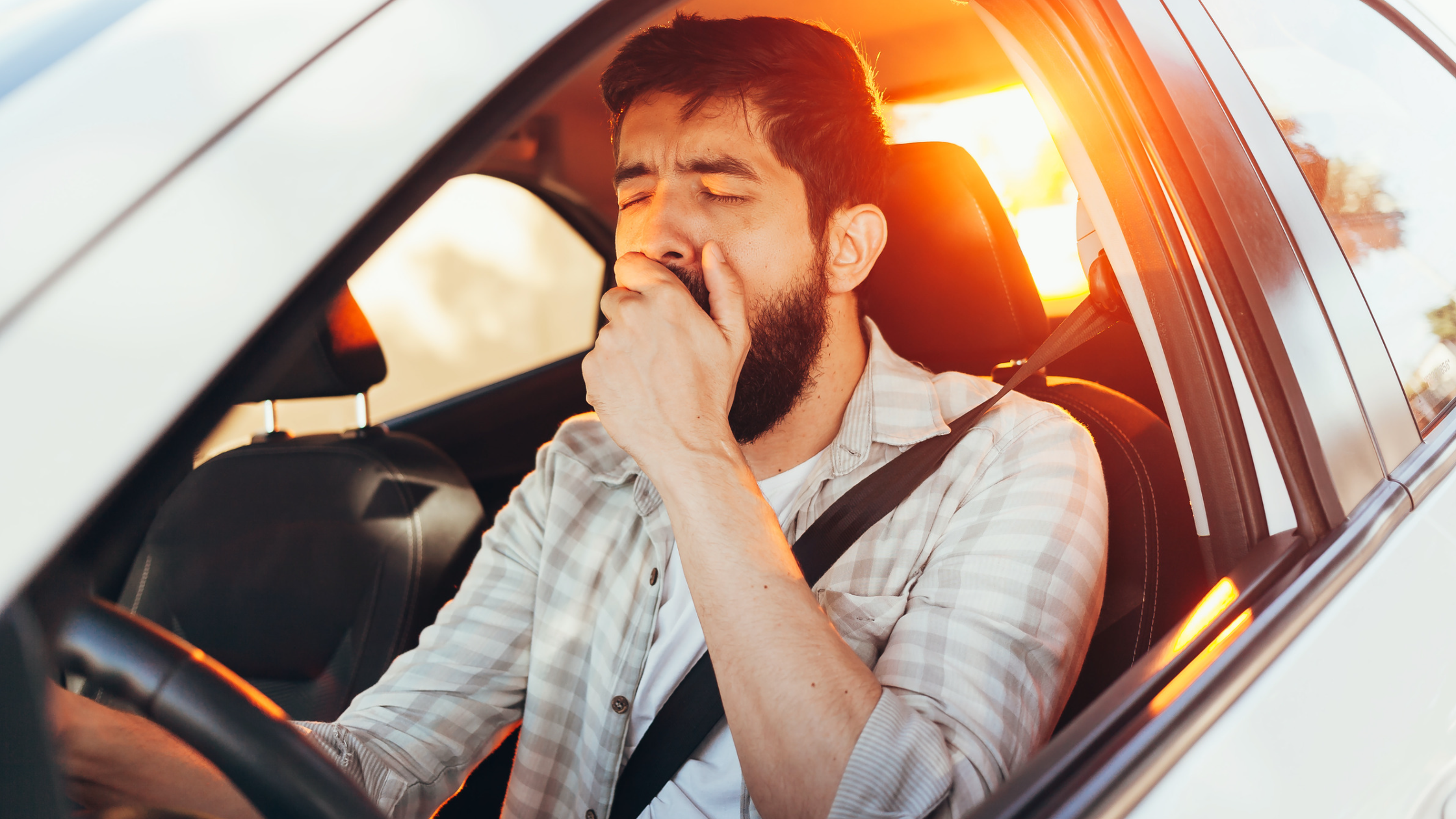Have you ever been driving and realized that your eyes have been closed for a few seconds? You may have thought it was just blinking, but you had entered a period of microsleep. Microsleeping is when your brain enters a brief state of sleep while your body remains awake. These brief periods of unconsciousness are normal and natural, but they can be dangerous if they occur while driving because drivers may not be aware that this is happening or even realize that they did not doze off for the entire trip!
What is Microsleep?
Microsleep is a situation in which an individual appears to be awake and alert, but their brain has entered a brief period of sleep. This can happen when you are driving and your eyes close for a few seconds at a time, although it may seem like only for a second or two. You are not conscious of it because the body automatically adjusts its posture so that it does not fall asleep completely.
Microsleep occurs often without us knowing about it; however, if you experience microsleep while driving then this could lead to accidents on the road or other dangerous situations where lives could be at risk! Microsleep episodes can happen while you are driving a vehicle or operating heavy machinery, and this is when microsleep becomes dangerous. Microsleep can lead to crashes, so it is important that if you are drowsy and not alert to not drive.
A person who has been sleep deprived for an extended period may experience microsleeps more often than usual because their body is trying to catch up on lost sleep time by forcing them into a state of unconsciousness during which time, they are more likely to experience microsleeps than normal people would be without being sleep deprived.
Preventing Microsleep
The best way to prevent Microsleep is to prioritize sleep and making sure you get the right amount of sleep you need to be alert. It is recommended that you get anywhere from 7-9 hours of sleep a night for adults and even more for teenagers.
- You can use the following tips to better your ability to fall asleep at night.
- Make sure to turn off electronics one hour before bed.
- Have a relaxing sleep environment, calm music, sleep in a dark room and limit noise.
- Avoid caffeine and heavy foods in the late evening.
If you are sleepy or tired, don’t drive. You may not be able to safely operate your vehicle. If you feel yourself becoming drowsy while driving, stop and rest for 10-15 minutes before continuing your journey.
Remember to give your body the sleep and rest it needs, so that you can be alert and refreshed for whatever the day brings.
